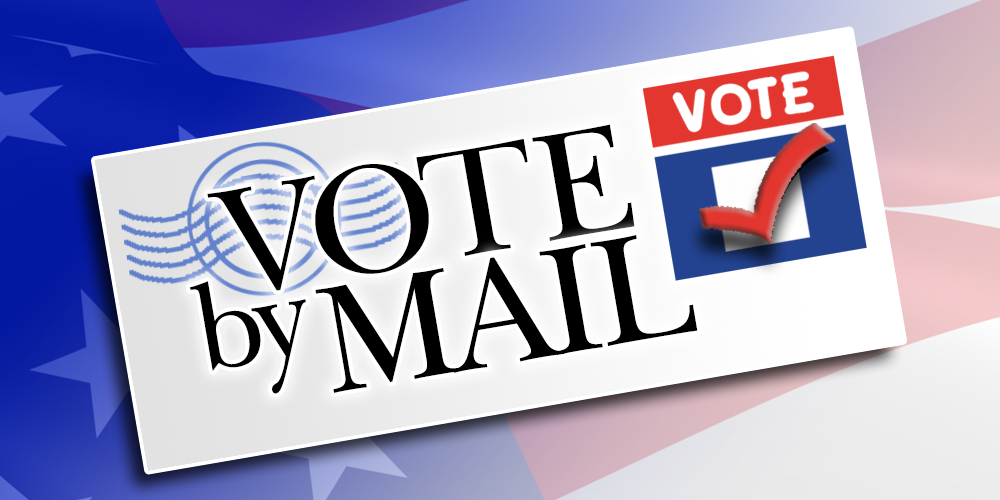This is pretty much the end of the line, at least as far as the courts are concerned.
A three-judge panel of the 5th U.S. Circuit Court of Appeals ruled Thursday that Texas can keep its strict eligibility rules for voting by mail.
Siding with the state’s Republican leadership, the appellate judges rejected the Texas Democratic Party’s effort to expand eligibility for voting by mail to all registered voters based on their argument that the state’s age restrictions for such voting violate the 26th Amendment’s protections against voting rules that discriminate based on age.
The panel of appellate judges ultimately found that “conferring a privilege” to some voters — in this case the option of voting by mail to voters 65 and older — does not alone violate the 26th Amendment.
“In sum, the plaintiffs based their Twenty-Sixth Amendment claim on the argument that differential treatment in allowing voters aged 65 and older to vote by mail without excuse constitutes, at least during the pandemic, a denial or abridgment of a younger citizen’s right to vote on account of age,” the panel wrote. “This claim fails because adding a benefit to another class of voters does not deny or abridge the plaintiffs’ Twenty-Sixth Amendment right to vote.”
The federal panel vacated a lower court’s sweeping ruling that found Texas voters would face irreparable harm if existing age eligibility rules for voting by mail were in place for elections held while the new coronavirus remains in wide circulation. On Thursday, state Democrats indicated they would push forward with their challenge at the lower court, where the appellate court sent the case for further consideration of the party’s remaining arguments against the state’s restrictions.
[…]
“Rejecting the plaintiffs’ arguments, we hold that an election law abridges a person’s right to vote for the purposes of the Twenty-Sixth Amendment only if it makes voting more difficult for that person than it was before the law was enacted or enforced,” the judges wrote.
The panel was made up by Judges Carolyn Dineen King, who was appointed to the bench by President Jimmy Carter; Carl Stewart, who was appointed by Bill Clinton; and Leslie H. Southwick, who was appointed by George W. Bush.
Dissenting in part to the majority opinion, Stewart wrote that the state’s eligibility rules fail to “treat members of the electorate equally with regard to mail-in voting.”
“This unequal treatment is discriminatory in normal times and dangerous in the time of a global pandemic,” Stewart wrote. “Though all individuals can seemingly vote in person, those without the opportunity to vote by mail have less opportunity to participate than others.”
See here for the background, and here for a copy of the opinion. Michael Hurta has a good brief analysis of it. As to what happens next, Rick Hasen thinks the original trial judge will find for the plaintiffs again, which will trigger another appeal. As such, this isn’t really the end of the line as I’ve suggested above, but it seems very unlikely to me that there will be a ruling that favors the plaintiffs any time before the November election. Whatever ultimately happens with this will not happen until at least 2021. I don’t care for this ruling, and this was about as friendly a three-judge panel as we were gonna get. It’s hard for me to see how the outcome changes.
Which means, as I have been saying over and over again, the ultimate fix rests within the legislative process. Just add this to the ever-increasing list of things that a Democratic Legislature, in conjunction with a Democratic Governor, will need to fix. The Republicans have made their position crystal clear. There’s no bipartisan solution. The only way out is through, and that means electing a better government. The Chron has more.

